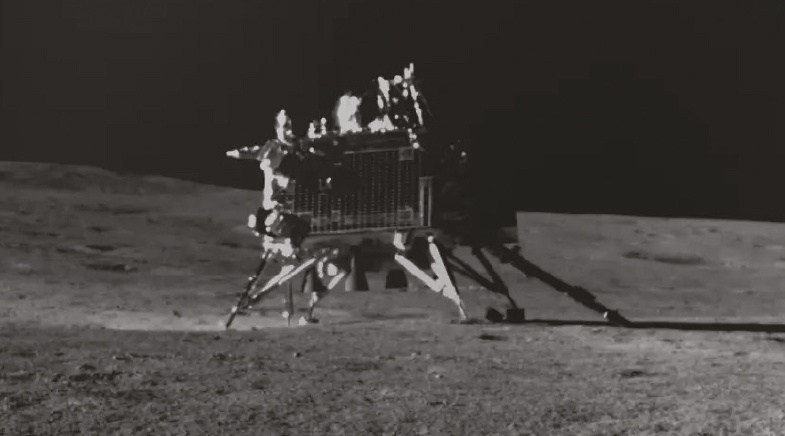Down memory lane
-
- from Shaastra :: vol 03 issue 07 :: Aug 2024

An engaging – but occasionally self-indulgent – introduction to the science of memory.
My deteriorating memory has become a source of increasing concern to me. I blame the age we live in; when my grandmother was a hundred years old, she could effortlessly remember the phone numbers of all her close relatives. My 90-year-old father can, given any two locations in Mumbai, chart a route. I, hopelessly dependent on my phone memory, cannot remember phone numbers; nor can I find my way home without Google Maps. My attention has been so fragmented by checking social media every few minutes that I am unable to concentrate long enough to remember anything of worth. From here to Alzheimer's and dementia seems but a short step. And so, Charan Ranganath's book is of great interest to me. Ranganath is a Professor of Psychology and Neuroscience at the University of California, Davis. He deals with the slippery and difficult subject of memory: how it is formed and retained, and how we forget.
FORGET ABOUT IT!
The book is divided into three sections. The first is an overview of the parts of the brain where memory resides. Among these are the prefrontal cortex, which controls intention, and the ability to concentrate in the face of distractions. Damage to this area makes a person unable to remember a task because she is constantly diverted by other stimuli. Something similar may happen as we get older: it manifests itself in situations where we can remember a host of irrelevant facts about a person but not her name.
An important feature of memory is that it exists in two forms: episodic, which relates to the memory of time and place; and semantic, which relates to facts and knowledge. Damage to another area, the hippocampus, can cause a person to retain semantic memory but have no episodic memory: she can recall the capitals of countries, but not what she had for lunch.

The second section considers the link between imagination and memory. When we remember something, we use our imagination to fill in the blanks, and imaginative reconstructions of the past can be distortions of what actually happened. This can lead to deeply problematic situations. Witnesses in criminal cases can be misled by their racial prejudices or by how questions are framed to misremember key facts. People can be brainwashed to 'remember' events that never occurred. Additionally, just as memory is influenced by our imagination, memory in turn affects our expectations, our sense of familiarity and unfamiliarity, and our ability to predict the future.
GROUP MEMORY
The concluding section examines the implications of the preceding sections. These implications include the creation of false memories by someone encouraging a person to remember things that never happened, as well as the distortions induced by repeatedly remembering the same event. The author also discusses how testing for errors immediately after learning is superior to rote learning; the role of sleep in reinforcing memories; and how remembering an event as a group can both reinforce and distort memories.
When we remember something, we use our imagination to fill in the blanks.
So, would I recommend this book? Yes, with a few reservations. Ranganath writes engagingly, but he would have benefited from having a more exacting editor. There is too much personal information about his hobbies (playing in a punk rock band, surfing, paddleboarding) – which establishes his credentials as a cool California dude, but mostly distracts from his key message. A few anatomical and schematic drawings would have helped. The author places great weight on experiments using functional MRI, an imaging technique where the subject lies in an MRI tube and is given words or images to remember; the MRI shows increased brightness in areas of the brain where oxygen requirements increase in response to the task. What he does not mention is that this technique, while being very useful, suffers from numerous errors.
In sum, though, this book is a fluidly written introduction to a subject that should be of interest to all of us. I look forward to future editions of the book with the hope that our understanding of memory will progress in the years to come.
See also:
Have a
story idea?
Tell us.
Do you have a recent research paper or an idea for a science/technology-themed article that you'd like to tell us about?
GET IN TOUCH














